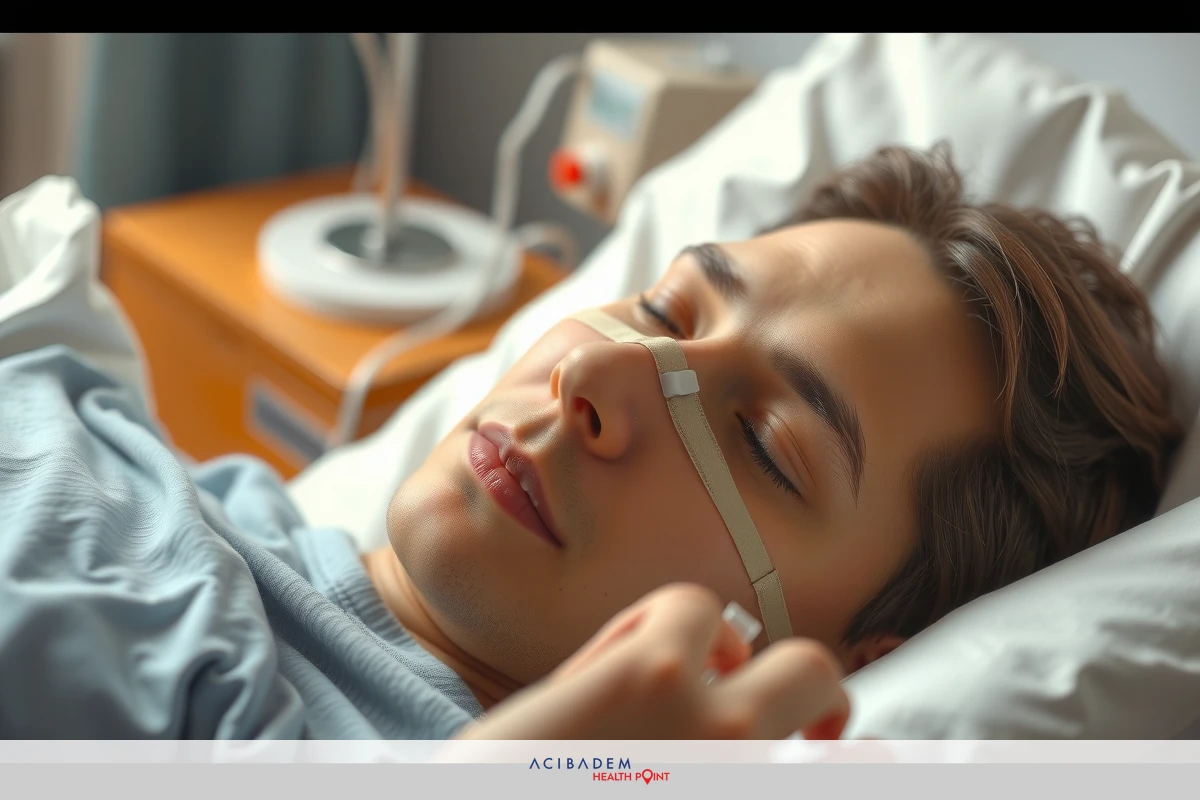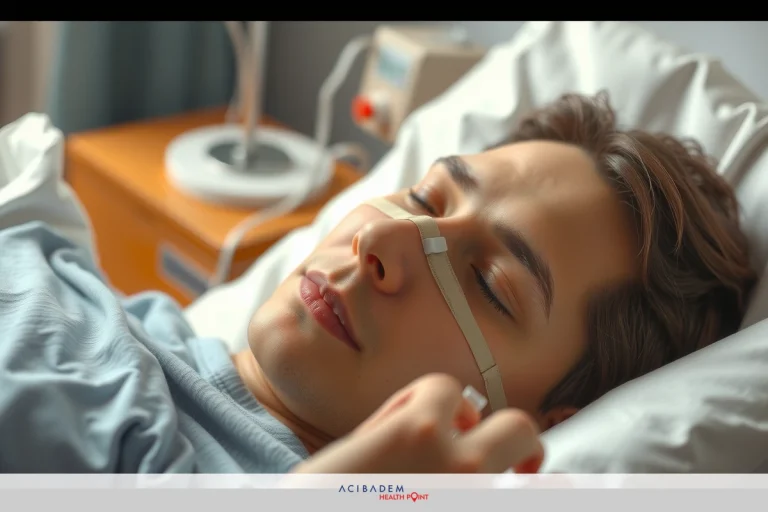How Long is a Rhinoplasty Surgery?
How Long is a Rhinoplasty Surgery? Rhinoplasty is a surgical procedure that reshapes or resizes the nose for cosmetic or medical reasons. The duration of this surgery can vary based on several factors, including the complexity of the case and the technique used by the surgeon. It’s important for patients to have a clear understanding of what the procedure entails, including how much time they may need to set aside for the surgery itself.
In addition to the surgery time, recovery time is another aspect to consider when planning for rhinoplasty. The healing period can differ from person to person, influenced by individual health status and adherence to post-operative care instructions. This article provides comprehensive information on both the duration of rhinoplasty surgery and the recovery period, assisting patients in better preparing for this transformative procedure.
Rhinoplasty Surgery Duration
Rhinoplasty surgery duration is one of the crucial elements to consider when preparing for this procedure. The length of a rhinoplasty operation can vary, mainly depending on the complexity of the case and the specific techniques used by the surgeon. On average, a primary rhinoplasty procedure — that is, a first-time surgery — typically lasts between one and three hours. However, more complex cases, such as revision rhinoplasty or procedures involving significant structural changes, may take longer.
The exact time required for a rhinoplasty operation also depends on the surgical approach chosen by your surgeon. There are two main types of rhinoplasty: open and closed. The open technique involves making an incision along the columella — the strip of tissue that separates the nostrils — allowing the surgeon greater visibility and access to the nasal structures. As a result, surgeries using the open technique often take longer than those using the closed technique, where all incisions are made inside the nostrils.

Another factor influencing rhinoplasty surgery duration is the anesthesia used during the procedure. Most rhinoplasties are performed under general anesthesia, which requires additional time for administration and recovery compared to local anesthesia or sedation. It’s also worth noting that while surgical time plays a role in overall experience, it should not be a determining factor in choosing a surgeon. The focus should be on finding a board-certified plastic surgeon with extensive experience and proven results in rhinoplasty procedures, even if their surgeries tend to take slightly longer due to meticulous attention to detail and patient safety. After all, rhinoplasty is not just about changing an aesthetic feature; it’s about enhancing your overall facial harmony while preserving or improving nasal function.
Factors Influencing Rhinoplasty Surgery Duration
When discussing factors affecting the duration of a rhinoplasty procedure, a paramount consideration is the complexity of the operation. As mentioned before, primary rhinoplasty usually takes less time compared to revision rhinoplasty or cases involving substantial structural changes. The reason behind this is simple – more complex cases necessitate additional time for careful planning, precise execution, and meticulous attention to detail. For instance, if the surgery involves correcting a deviated septum or repairing previous surgical work, it can add extra hours to the operation time.
The surgical technique chosen by the surgeon is another factor that can impact the duration of the rhinoplasty procedure. Open rhinoplasty provides greater visibility and access to the underlying nasal structures, but this advantage comes with an extended operation time. On the other hand, a closed rhinoplasty, where all incisions are made inside the nostrils, usually takes less time as it does not involve lifting the nasal skin off the underlying structures. However, the choice between open and closed rhinoplasty should primarily depend on individual needs and goals rather than operation time.
Lastly, the surgeon’s experience and skill level can influence the duration of the nasal surgery. A seasoned surgeon with extensive experience in performing rhinoplasties may be able to complete the procedure more quickly without compromising on results or patient safety. An experienced surgeon will also be well-versed in handling unexpected situations or complications that may arise during surgery, ensuring a smooth operation process. That said, patients should not choose a surgeon based solely on how quickly they can perform a procedure. High-quality results and patient safety should always take precedence over speed. It’s essential to choose a board-certified plastic surgeon with specialized training in facial plastic surgery and proven expertise in rhinoplasty procedures for optimal outcomes.
Recovery Time after Rhinoplasty
In addition to understanding the duration of a rhinoplasty procedure, it’s equally important to be aware of the recovery process and typical healing time involved. The initial recovery period for most patients lasts between 1-2 weeks, during which swelling, bruising, and mild discomfort are common. However, it’s important to remember that this is just the initial phase of healing. Complete recovery from rhinoplasty, where the nose fully heals and settles into its new shape, can take up to a year or even longer in some cases.
The length of the healing period can be influenced by several factors. One of these is the patient’s overall health and lifestyle habits. Individuals who maintain a healthy diet, refrain from smoking, and avoid strenuous activities tend to heal faster post-surgery. Moreover, adherence to post-operative care instructions such as keeping the head elevated, using cold compresses to minimize swelling, and avoiding blowing the nose can contribute to a smoother recovery.
To ensure a successful healing period after a nose job, it’s crucial to follow all guidelines provided by your surgeon. Regular follow-up appointments will be scheduled so that your surgeon can monitor your progress and address any concerns you may have. Remember that every patient’s healing process is unique, and while it might be tempting to compare your recovery with others’, it’s essential to focus on your own journey. Patience is key during this time, as rushing the healing process can compromise the results of your surgery. Always keep an open line of communication with your surgeon and don’t hesitate to ask questions or express any concerns during your recovery period. This collaborative approach will help ensure optimal outcomes and satisfaction with your rhinoplasty procedure.
Frequently Asked Questions
How long does a rhinoplasty surgery usually take?
The duration of a rhinoplasty surgery can vary depending on several factors. On average, a primary rhinoplasty procedure takes between one and three hours. However, the specific length of the surgery may be influenced by the complexity of the case, the surgical technique used, and the surgeon's experience.
Can the duration of rhinoplasty vary depending on the complexity of the procedure?
Yes, the complexity of the rhinoplasty procedure can impact its duration. More complex cases that involve significant structural changes, revision surgeries, or addressing functional issues may require additional time compared to straightforward primary rhinoplasties. Your surgeon will assess your individual case and provide you with a more accurate estimate of how long your surgery is likely to take.
What can I do to ensure a faster recovery after rhinoplasty?
While the speed of recovery varies from person to person, there are steps you can take to promote a smoother healing process. It is crucial to carefully follow your surgeon's post-operative instructions. These may include keeping your head elevated during sleep, avoiding strenuous activities that could strain your nose, using cold compresses to minimize swelling, and taking any prescribed medications as directed. Be sure to attend all follow-up appointments with your surgeon for proper monitoring and guidance throughout the recovery period.
When can I expect to see the final results of my rhinoplasty?
The final results of a rhinoplasty procedure may not be immediately apparent due to swelling and tissue healing. It takes time for the nose to fully heal and settle into its new shape. While most visible swelling subsides within a few weeks, residual swelling can persist for several months. Generally, you can expect to see noticeable improvements within a few months, and the final results will become more apparent as the healing process progresses. It's important to be patient and allow your body enough time to heal for optimal, long-lasting results.
Are there any risks or complications associated with rhinoplasty surgery?
As with any surgical procedure, there are potential risks and complications associated with rhinoplasty. These can include infection, bleeding, adverse reactions to anesthesia, asymmetry, poor wound healing, scarring, or dissatisfaction with the aesthetic outcome. However, serious complications are rare when the procedure is performed by a skilled and experienced surgeon. It is essential to choose a board-certified plastic surgeon and carefully discuss any concerns you may have during your consultation to minimize potential risks and ensure a safe procedure.











